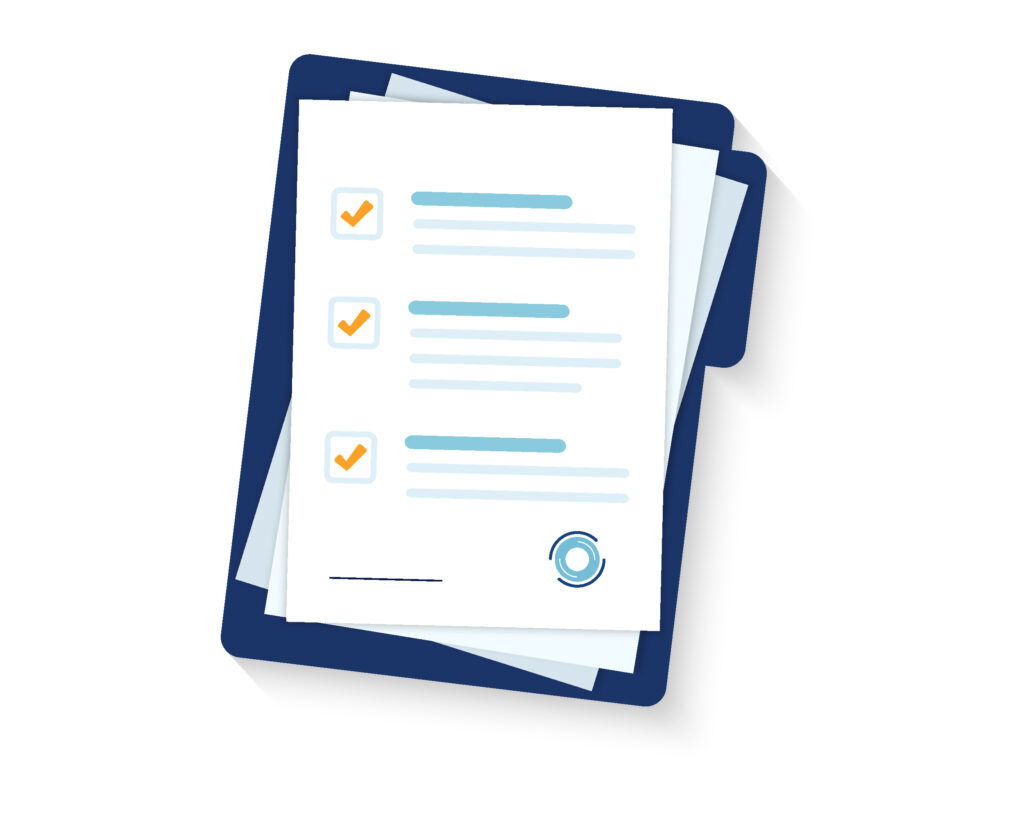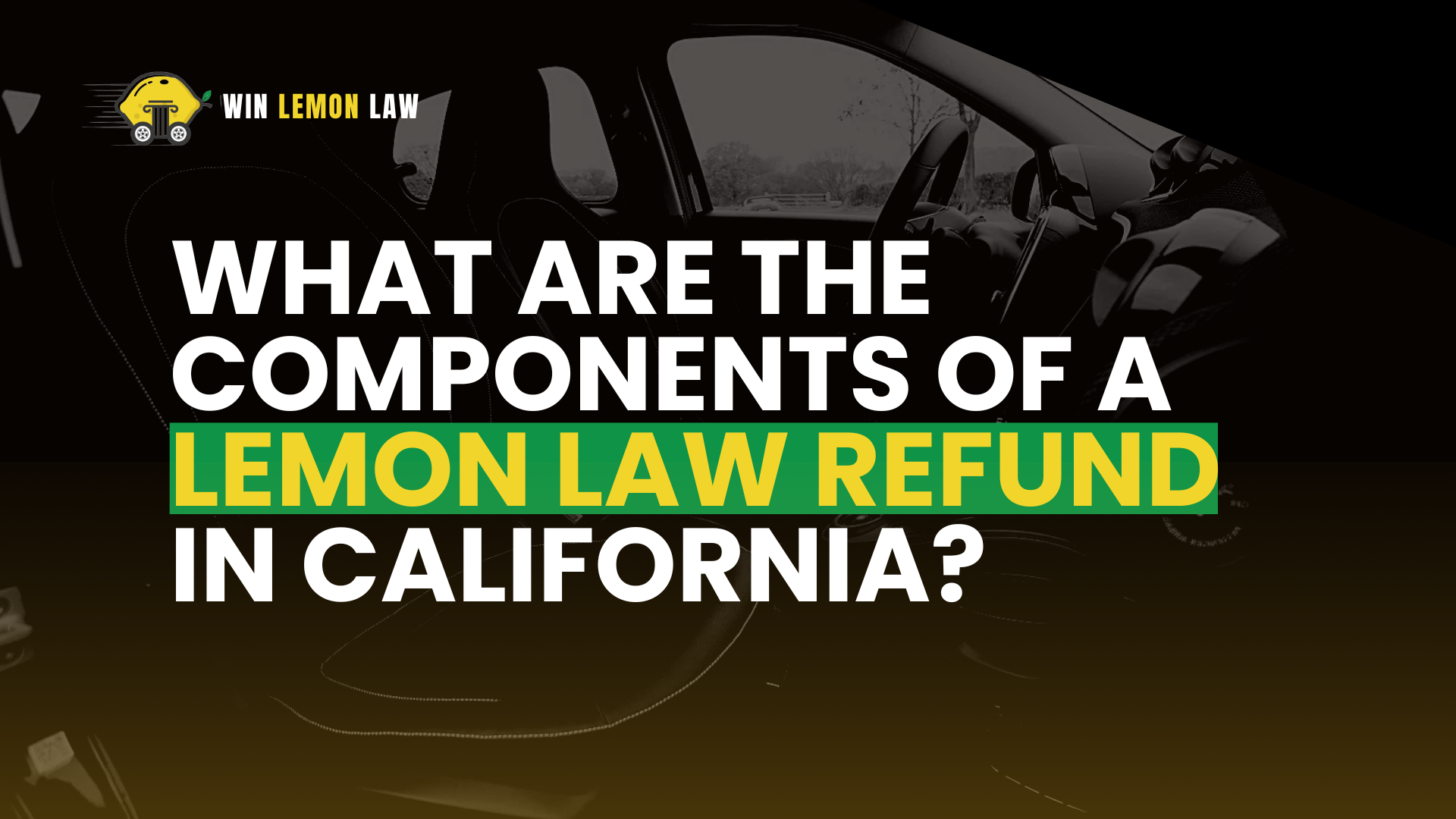California, the most populous state in the U.S., is home to millions of vehicles traversing its expansive roadways. In 2021 alone, 14.3 million new vehicles were registered in California, contributing to a staggering total of 31.4 million registered motor vehicles statewide. Given these vast numbers, it’s inevitable that some vehicle owners will encounter significant issues with their vehicles.
While the likelihood of ending up with a lemon—a vehicle that has persistent defects despite multiple repair attempts—is relatively low, those who do find themselves facing a daunting and often unfamiliar legal landscape. Navigating the intricacies of lemon law can be challenging, especially for first-time claimants.
Fortunately, California’s lemon law, officially known as the Song-Beverly Consumer Warranty Act, stands out as one of the most consumer-friendly laws in the nation. This legislation offers robust protections to vehicle owners and lessees, ensuring they are not left at a disadvantage due to a defective vehicle.
Under California’s lemon law, if your vehicle is under warranty and the manufacturer is unable to repair the defect after a reasonable number of attempts, you may be eligible to file a lemon law claim. Understanding how the lemon law refund policy works, including the specific components of a lemon law refund and the methods used to calculate refund values, is essential for making informed decisions and ensuring you receive the compensation you deserve.
What is California Lemon Law?
The California Lemon Law, officially known as the Song-Beverly Consumer Warranty Act, is a powerful consumer protection law designed to assist individuals who have purchased or leased defective vehicles. This law applies to both new and pre-owned vehicles that are still under warranty, ensuring that consumers are not left with a malfunctioning vehicle and no recourse.
The primary aim of the California Lemon Law is to hold manufacturers accountable for defective products and provide consumers with remedies, including a refund or a replacement vehicle.
Key Criteria for Qualification
To qualify for protection under the California Lemon Law, your vehicle must meet specific criteria:
Warranty Coverage
The vehicle must be covered by a manufacturer’s warranty when the defect is first reported. This includes new vehicles with the original warranty and certified pre-owned vehicles with an active warranty period.
Defect Not Caused by Driver Error
The defect must be inherent to the vehicle and not caused by misuse, neglect, unauthorized modifications, or any other actions by the driver that could have led to the defect.
Reasonable Number of Repair Attempts
The manufacturer or its authorized repair facility must have made a reasonable number of attempts to fix the defect. Typically, this means the vehicle has been subject to multiple repair attempts for the same issue without success.
Alternatively, if the vehicle has been out of service for repairs for a cumulative total of 30 or more days, it may also qualify under the Lemon Law. These days do not need to be consecutive.

Proper Documentation is Crucial
Documentation plays a critical role in a successful lemon law claim. Key pieces of documentation include:
Repair Orders and Receipts
Each time you take your vehicle in for repairs, ensure you obtain detailed repair orders and receipts. These documents should outline the complaints, diagnostic steps taken, parts replaced, and the outcomes of each repair attempt.
Communication Records
Keep records of all communications with the dealership and the manufacturer, including emails, letters, and notes from phone calls. These records help establish a timeline and provide evidence of your efforts to resolve the issue.
Warranty Information
Maintain copies of your vehicle’s warranty information, including the terms and conditions, to verify that the vehicle was under warranty when the defect was first reported.
Service Logs
Keep a log of all service visits, detailing the date, mileage at the time of service, nature of the defect reported, and the actions taken by the repair facility.
What About Leased Vehicles?
California’s Lemon Law also extends robust protections to consumers who have leased their vehicles. Just like those who have purchased vehicles, lessees can seek remedies if their leased vehicle turns out to be a lemon.
Here’s a detailed look at what you can expect when pursuing a lemon law claim for a leased vehicle:
Components of a Lemon Law Refund for Leased Vehicles
If you leased a lemon, you are entitled to a variety of refunds and reimbursements to offset the financial impact of the defective vehicle. These include:
Down Payment on Your Lease
The initial payment you made when you signed your lease agreement is refundable. This upfront cost is significant, and getting it back can help ease the financial burden caused by the lemon vehicle.
Monthly Lease Payments Made to Date
All monthly lease payments you have made up until the point of your claim are reimbursable. This ensures you are not out-of-pocket for the time you used a defective vehicle.
Remaining Lease Payments
The manufacturer must cover the cost of any remaining payments on your lease contract. This component is crucial as it releases you from ongoing financial obligations for a vehicle that is not functioning as it should.
Collateral Charges
These include additional costs associated with the lease, such as:
- Service Contracts: If you purchased any service contracts (such as extended warranties) for your leased vehicle, the cost of these contracts is refundable.
- Taxes: Sales tax and any other applicable taxes paid as part of the leasing process are included in the refund.
- Finance Charges: Any finance charges accrued as part of your lease agreement are also covered.
Incidental Costs
The Lemon Law ensures you are reimbursed for any out-of-pocket expenses directly related to the defective vehicle.
This can encompass a wide range of costs, including:
- Towing Fees: If your lemon vehicle requires towing services due to breakdowns, those costs are refundable.
- Rental Car Costs: Expenses for rental vehicles incurred while your leased lemon was being repaired or was out of service are covered.
- Repair Costs: Any out-of-pocket repair expenses not covered by the warranty or lease agreement are also eligible for reimbursement.
- Hotel Stays: If the defect caused breakdowns during trips that necessitated overnight stays, those costs can be claimed.

Additional Considerations for Leased Vehicles
When dealing with a leased lemon, there are a few extra considerations to keep in mind:
Lease-End Terms
Some lease agreements have specific end-of-term conditions or penalties. Ensuring that the lemon law refund includes provisions to cover or waive these penalties is important to avoid unexpected costs.
Early Termination Fees
Leases often have early termination fees. Under the Lemon Law, the manufacturer should absorb these fees, preventing you from incurring extra costs for ending your lease early due to the vehicle being a lemon.
Documentation and Evidence
As with purchased vehicles, maintaining comprehensive documentation is key. Ensure you keep all lease agreements, payment records, repair orders, and any communication with the dealership and manufacturer.
This documentation supports your claim and helps establish the defect history and financial impact.
How a Lemon Law Attorney Can Help with Leased Vehicles
Navigating a lemon law claim for a leased vehicle can be particularly complex due to the involvement of leasing companies and additional contractual obligations. A lemon law attorney can provide crucial assistance by:
- Evaluating Lease Terms: Reviewing your lease agreement to identify all costs and fees that should be covered under the lemon law claim.
- Negotiating with the Manufacturer and Leasing Company: Ensuring both entities fulfill their obligations and that you receive the full range of reimbursements and refunds.
- Providing Expert Representation: If negotiations fail, your attorney can represent you in court, advocating for your rights and securing the best possible outcome.
Closing

California’s Lemon Law offers comprehensive protections for lessees, ensuring that you are not left financially responsible for a defective vehicle. By understanding the components of a lemon law refund for leased vehicles and working with a qualified lemon law attorney, you can effectively navigate the process and secure the compensation you deserve. If you suspect your leased vehicle is a lemon, don’t hesitate to seek legal advice to protect your interests and ensure a fair resolution.
Win Lemon Law is your trusted partner in navigating the complexities of lemon law cases. Our seasoned attorneys offer expert guidance tailored to your situation, ensuring thorough evaluation and collection of necessary documentation. We take on manufacturers and legal teams aggressively, negotiating fiercely to secure your full entitlements. With no upfront costs on a contingency fee basis, we only succeed when you do.
Our personalized service keeps you informed and engaged, prioritizing your needs throughout the process. We are dedicated to defending the rights of consumers who have been burdened by defective vehicles. Our experienced attorneys specialize in lemon law claims and are committed to securing the best possible outcome for our clients.
If you believe your leased vehicle qualifies as a lemon, don’t wait. Contact Win Lemon Law today to schedule your free consultation. Let us fight for your rights and help you obtain the justice and compensation you deserve.

